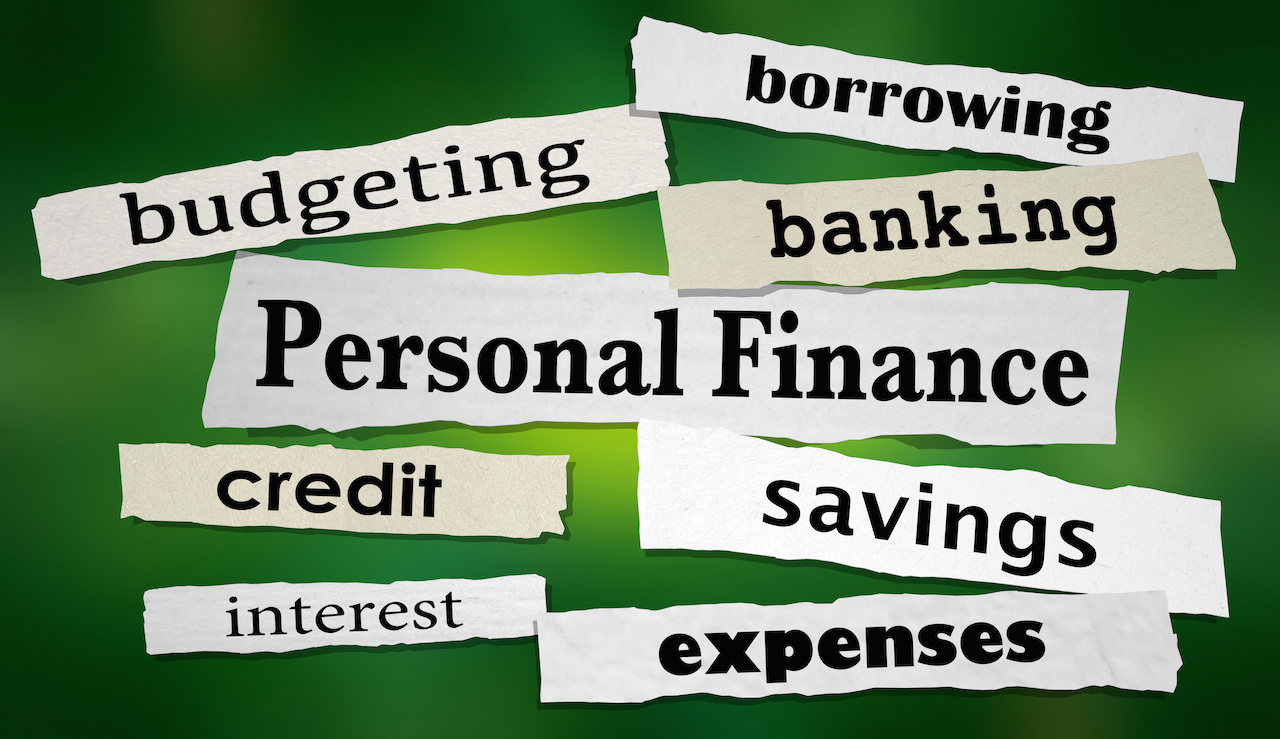Unless you’ve got a tidy sum of cash stashed away in the back, buying a home means taking on a mortgage loan. That can be a daunting proposition for someone who doesn’t have the best credit, since it likely means paying a higher interest rate or possible getting denied altogether.
One of the myths people with poor credit scores tend to believe is that bad credit is automatically a roadblock to getting a home loan. While it’s true that lenders are looking for borrowers with good credit, getting mortgage with bad credit is still possible. Keep on reading to find out the credit score needed for mortgage loans and how you can improve your chances on getting one.
Are there bad credit mortgage lenders?
Even though most mortgage rates based on credit score are too high for people with poor credit, there are some lenders that are willing to grant a loan to home-buyers with a lower score. As long as you can provide proof of income, you have some money in the back and you’re working on improving your score, you’ve got a decent shot at getting the thumbs-up from a lender. For example, FHA loans, which are backed by the federal government, require a minimum score of just 580.
Mortgage lenders have two systems for reviewing applications. The first is through automated underwriting systems, like Fannie Mae and Freddie Mac, that automatically approve or deny loans based on certain criteria including your credit score, income, and total debt. The second is through manual underwriting systems, which allow the lender to make personal judgements on approval or denial after reviewing the applicant’s financial situation more thoroughly.
The first system is used for the initial round of approval and denial. Sometimes, once applications are denied, the lender will go in and take a closer look at why an applicant’s credit score is so low. If their score is low but they’ve saved up a sizable down payment or they haven’t had any late payments in the last year, the lender might decide to approve the loan based on these criteria. The bottom line, mortgage rates by credit score can be negotiated if you have hard evidence of financial responsibility to back it up.
What is the minimum credit score for mortgage loan?
As we mentioned earlier, a mortgage credit score of 580 is the minimum credit score the Federal Housing Administration requires to get an FHA loan with a 3.5% down payment. However, you can still qualify for a FHA loan if your credit score is below 580 but you’ll have to fork over a down payment of 10% instead.
The minimum score for conventional loans, VA and USDA loans is slightly higher, at 620. With a conventional loan, which is backed by Fannie Mae or Freddie Mac, you’re typically expected to put down between 10% and 20% of the home’s purchase price, with 20% being the amount required to avoid private mortgage insurance.
Both VA loans and USDA loans allow you to skip out on putting anything down and neither one requires traditional private mortgage insurance. Aside from meeting the minimum credit standards, you’ll need to have military experience to get a VA loan or be buying a home in a rural area and fit the income guidelines for a USDA loan.
It’s also important to remember that the minimums for conventional, FHA, VA and USDA loans are just a guideline. Lenders may require a higher score, depending on your individual financial situation.
With a bad credit score for mortgage what rates will you get?
Mortgage interest rates by credit score can vary based on which range your score falls into. Of course a good credit score for mortgage will get you a better interest rate than a poor credit score. In terms of what counts as “good” credit, that really depends on the lender but generally, it includes anything between 700 and 749. Anything below 649 would be considered poor credit.
In terms of how that affects what you’ll pay for a mortgage, it carries more weight than you’d think. Here’s an example. Joe wants to take out a $200,000 loan to buy a mortgage and his credit score is 647. The bank approves him for a 30-year loan at a 5.5% interest rate, which essentially doubles the cost of the home once he pays it off.
Joe’s friend Dave also has his eye on a home and he goes to the same bank to get a loan. His 655 credit score allows him to get a $200,000 mortgage with a 30-year term at a rate of 4.5% instead. Over the life of the loan, he’s going to save nearly $45,000 in interest compared to what Joe’s paying, all because his credit score is just a few points higher.
Fortunately, there are some things you can do to maneuver your way to a better interest rate. For example, if you can show that you’ve been paying rent in full and on time for at least a year and the monthly mortgage payments won’t come as a shock to your bank account, you may be in luck. Just make sure your rent payment is comparable to the kind of mortgage you’re taking on, since the lender will want to make sure you can keep up with the payments.
Another way to increase your chances of approval for mortgages for bad credit is to make a bigger down payment. Putting 20% down is the industry standard but you should only do this if you’ll still have enough money left in the bank to cover any emergencies that might come up. Otherwise, you could end up having to go into debt if you have an unexpected expense, which could hurt your score.
If you’ve been denied for a mortgage
If you’re not having any luck getting approved for a mortgage, don’t be afraid to ask your lender why. They may be able to offer some insight that could help you to improve your score going forward. Even asking what is the lowest credit score for mortgage loans they will accept can be helpful information to know. It’s also a good idea to check your free credit report for the following possible reasons for your rejection:
• Late payments on your credit card
• Exceeding your credit limit
• Defaulting on a previous loan
• Filing for bankruptcy
• Overdue taxes
• Legal judgements or collections.
Mortgage lenders will look at the age, dollar amount, and payment history for all of your different lines of credit. That being said, you need to make sure you’re sticking to good financial habits to help your score move up instead of down.
Be selective about how often you open new lines of credit, aim to keep your total debt load at 30% or less of your total credit limit and always pay your bills on time. It’s also important to note here that lenders are beginning to see a difference in low credit score applicants between those who have lost their jobs versus those who behaved irresponsibly with their credit.
Staying organized and up-to-date on your financial situation is the best way to help your credit score grow. Credit Sesame offers a number of tools to help you evaluate your finances so you can get approved for a loan. For instance, our mortgage calculator with credit score available, can help you instantly analyze current mortgage rates and visually compare the top loan offers personalized to your needs. Taking advantage of these and other resources will put you one step closer to getting approved for a mortgage and owning your dream home.




















